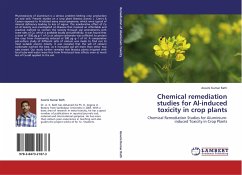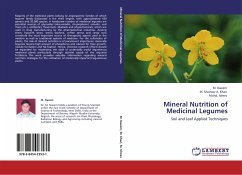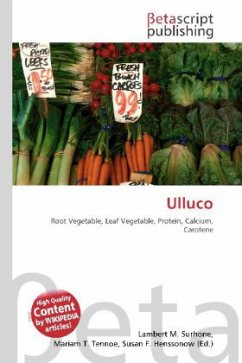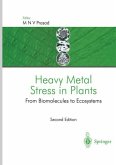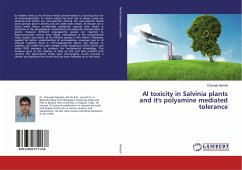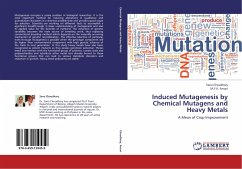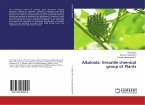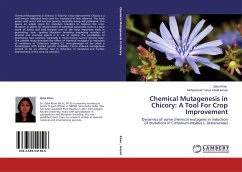Phyototoxicity of aluminium is a serious problem limiting crop production on acid soils. Present studies on a crop plant Brassica juncea L. Czernj & Cosson exposed to Al elicited many visual symptoms, which were typical of mineral deficiency leading to loss of vigour. The ameliorative effect of Ca on Al toxicity was investigated on Brassica that involved an affordable and practical method to contain the toxicity through soil amendments with some salts of Ca, which is available locally and plentifully. It was found that a dose of 1200 µg g 1 of Ca as calcium carbonate was sufficient to protect the crop from rhizotoxicity induced at 500 µg g 1 of Al. A comparative pot-culture study of different salts of calcium was made to find out its most suitable anionic moiety. It was revealed that the salt of calcium carbonate worked the best, as it increased soil pH more than other two salts tested. Our study further revealed that Brassica plants irrigated with local tube-well water were freefrom Al-induced toxic effects even at much less of Ca-salt applied to the soil.
Bitte wählen Sie Ihr Anliegen aus.
Rechnungen
Retourenschein anfordern
Bestellstatus
Storno

